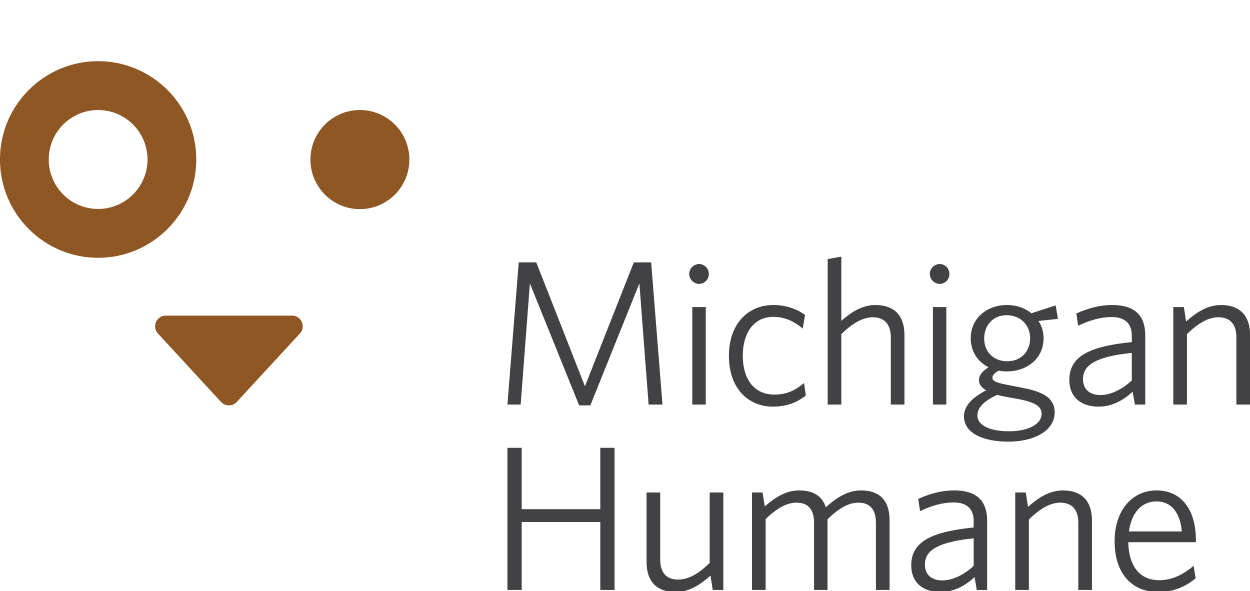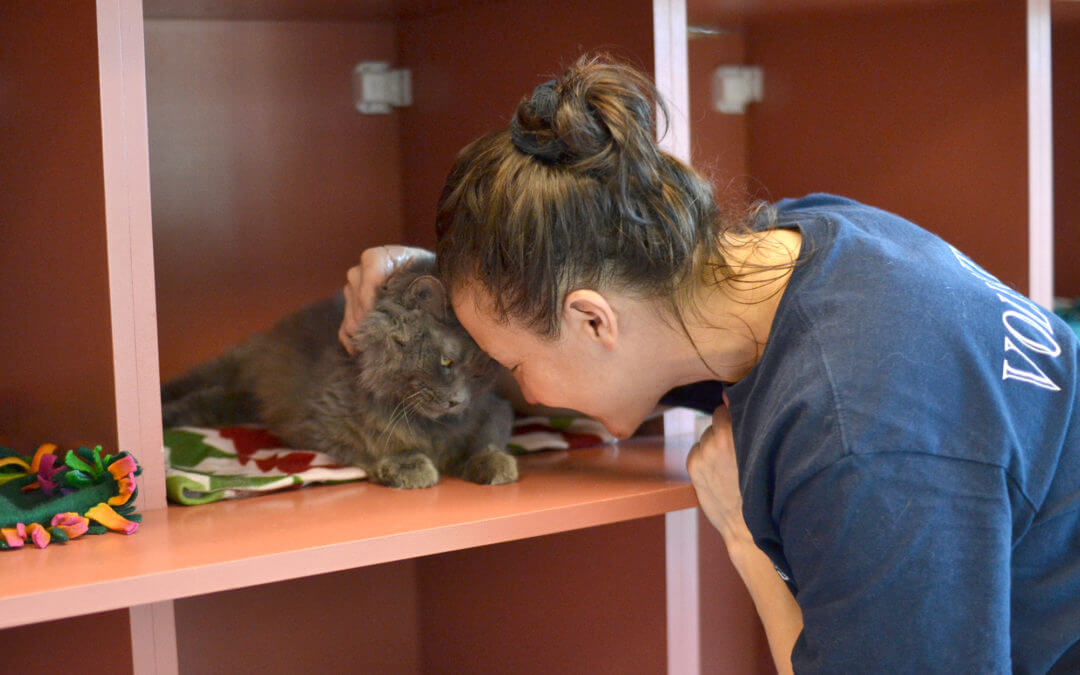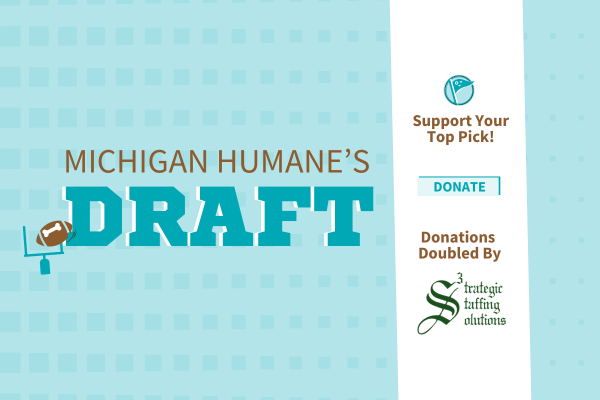It is probably not possible to calculate all of the ways the world and the work we do have changed with the onset of the COVID-19 pandemic. This article discusses one of the ways we are still advocating during this crisis.
Most of the legislative advocacy work we do at Michigan Humane is focused on the state legislature, although we also work with local government on codes and ordinances. As we all know, ordinary business at the state and local levels of government is largely suspended, and any work that is being done is focused on getting us all through this human health emergency. But that does not mean that we will not have the opportunity – or the obligation – to advocate for animal welfare during this time.
In Executive Order 2020-34, the Governor ordered that “[b]eginning as soon as possible but no later than April 2, 2020 at 5:00 pm, and continuing while the declared emergency is in effect, all veterinary facilities must implement a plan to temporarily postpone all in-person non-essential veterinary services until the declared emergency has ended (“plan”).” Sterilization surgery that was not necessary to save an animal’s life or alleviate pain was deemed non-essential.
While the Executive Order provided a definition of “essential” by which veterinarians were bound, what could be considered “essential” can be defined in almost countless ways depending on a person’s point of view. If we could have, animal welfare advocates would have defined sterilization as essential. We understand the decades of work that have gone into achieving acceptance of sterilization surgery as a mainstream veterinary service that is a standard part of animal care. We know that the availability of sterilization has largely conquered what was, for a long time, rampant pet overpopulation in the U.S., and we do not want to lose any ground in that battle. We know there are significant health and behavior benefits for sterilized animals and, by extension, that those benefits mean animals are better companions who stay in their homes. And we know that it is spring, when every unsterilized animal will be acting on their hormonal instincts, the fruits of which often end up in shelters and rescues.
At Michigan Humane, some of our latest advocacy efforts have focused on lobbying for a return to sterilization without restrictions. We utilized contacts with the Governor’s office, including our lobbyists, to make the case. We also spearheaded an effort to bring together a coalition of Michigan and national animal welfare organizations to co-sign a letter to the Governor asking her to lift the restrictions on sterilization surgery. Dozens of organizations added their signatures to the letter.
On April 28, the Governor’s office released a set of FAQs regarding animal-related issues. One of the questions pertained to whether sterilization surgery was allowed. The answer read as follows:
The routine spay and neuter of a person’s pet should be postponed as part of a veterinary facility’s plan and based on the determination of the licensed veterinarian(s) unless the procedure is deemed essential. The spay and neuter of shelter animals can occur prior to adoption in compliance with a required veterinary plan. These surgeries should be done in a way minimizing the use of personal protective equipment that could be used for the care of humans.
While this was an important positive step, there was still advocating to be done. Along with other advocates, we continued to work toward the availability of sterilization surgery without restrictions. On May 21, the Governor issued Executive Order 2020-97, which allowed veterinary clinics to resume providing full services, so long as specific guidelines designed to protect clinic workers and clients are observed. We are thrilled that veterinary clinics will again be able to provide sterilization surgery (and their full range of services) for their patients.
Of course, this also applies to Michigan Humane’s veterinary centers, which are now scheduling drive-up appointments for services such as wellness exams, heartworm tests and prevention, dentistry, and non-urgent lump/bump examination and removal. To schedule a veterinary appointment with one of our clinics, call 866-MHUMANE.
We are going to keep working to improve animal welfare and serving as a voice for the animals through advocacy. Together, we can continue to make a difference in animals’ lives.
If you know someone who you think would be interested in this topic, please forward this article to them and encourage them to sign up for our Legislative Action Network at michiganhumane.org/advocacy.


